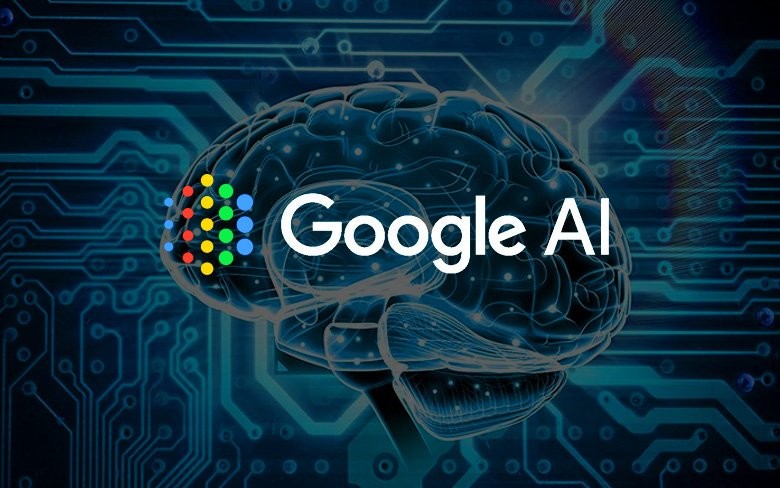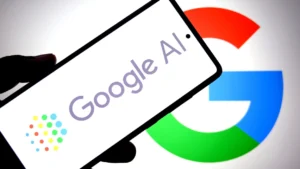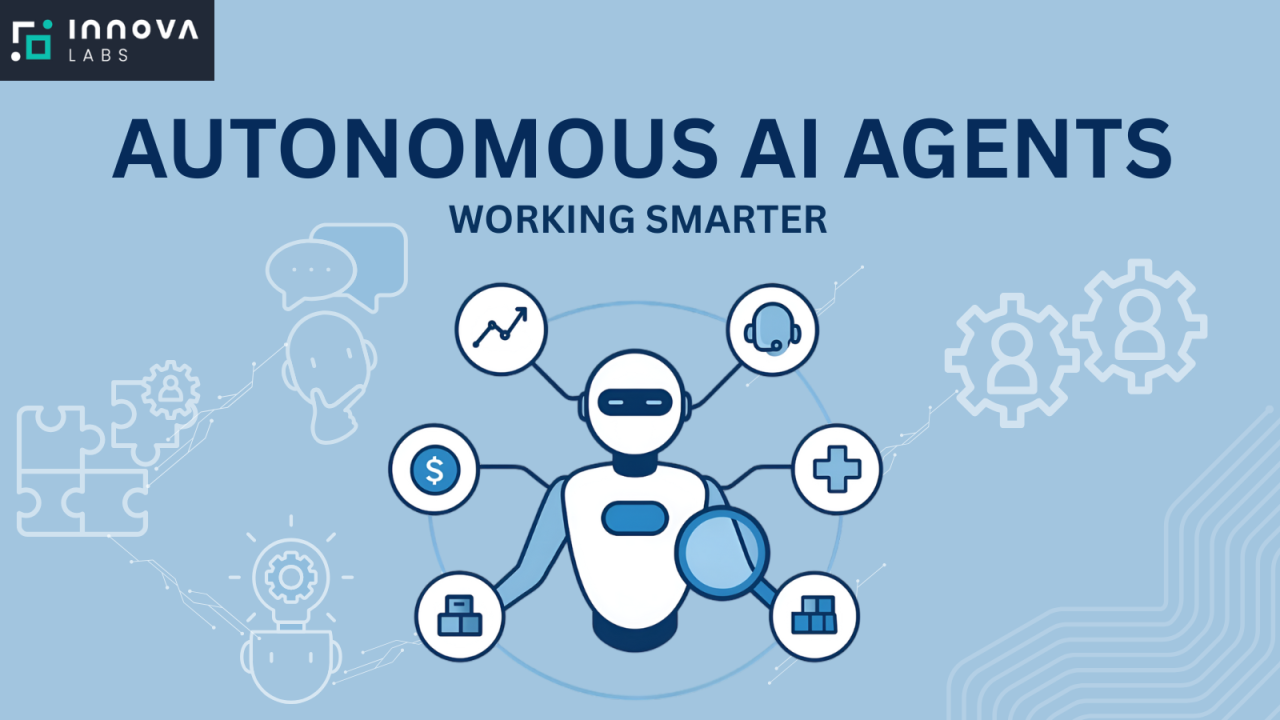Google Search AI Mode: Redefining the Future of Online Search
Introduction
For over two decades, Google Search has been the world’s gateway to information. From its iconic “ten blue links” to today’s multimedia-rich results, it has continually evolved to meet the needs of billions of users. But in 2025, search is undergoing its most significant transformation yet: Google Search AI Mode.
This new feature represents a shift from keyword-driven search to contextual, conversational, and AI-powered exploration of information. Instead of scanning through multiple web pages, users can now receive direct, personalized, and AI-synthesized answers within Google itself.
In this article, we’ll explore what Google Search AI Mode is, how it works, its impact on users, businesses, and SEO, along with the opportunities and challenges it introduces.
What is Google Search AI Mode?
Google Search AI Mode is an AI-enhanced search experience that integrates large language models (LLMs), generative AI, and contextual understanding into the traditional search engine. Instead of simply ranking websites, AI Mode:
-
Generates conversational answers directly in the search results.
-
Summarizes multiple sources into a coherent response.
-
Provides follow-up questions and related context for deeper exploration.
-
Integrates multimedia content (text, images, video, charts) into its answers.
-
Personalizes results based on user history, preferences, and intent.
Essentially, it transforms Google from a search engine into a knowledge companion.
How Google Search AI Mode Works
At its core, AI Mode leverages Google’s Gemini AI models and its deep integration with Google Knowledge Graph. Here’s a step-by-step breakdown:
-
Understanding the Query
-
Goes beyond keywords. AI Mode interprets intent, context, and semantics.
-
Example: Searching for “best ways to manage diabetes” considers medical accuracy, lifestyle context, and user’s search history.
-
-
Content Aggregation
-
Scans across billions of indexed pages, scientific databases, videos, and news sources.
-
Uses advanced ranking to prioritize reliable, authoritative, and relevant sources.
-
-
Answer Generation
-
Synthesizes content into human-like, natural language answers.
-
Provides bullet points, step-by-step guides, or narrative explanations.
-
-
Contextual Exploration
-
Offers follow-up questions (like a chatbot).
-
Suggests related searches without the need to type again.
-
-
Multimodal Integration
-
Combines text, charts, images, and video snippets into a cohesive response.
-
Example: Searching “how to change a flat tire” might show an AI-written guide, a diagram, and a YouTube tutorial.
-
Key Features of Google Search AI Mode
1. Conversational Search
Instead of entering multiple queries, users can converse with Google in a chat-like format.
-
Example:
-
User: “What’s the best diet for weight loss?”
-
Google AI: Provides a summary of diets with pros and cons.
-
User: “Which one is good for vegetarians?”
-
Google AI: Refines the answer, focusing on vegetarian options.
-
2. AI-Powered Snapshots
-
Google presents AI snapshots—a block at the top of results summarizing key insights.
-
Example: Searching for “AI in healthcare” shows a short AI-written overview with citations.
3. Context-Aware Personalization
-
Learns from user behavior, preferences, and location.
-
Example: If you frequently search for tech news, AI Mode prioritizes technology sources.
4. Reliable Source Citations
-
Unlike ChatGPT, AI Mode cites sources directly within responses.
-
Helps build trust and credibility.
5. Multimodal Search (Text + Visuals + Voice)
-
Accepts input through text, voice, or even uploaded images.
-
Example: Uploading a plant photo and asking, “What plant is this, and how do I care for it?”
Benefits of Google Search AI Mode
1. Faster, More Accurate Answers
Users no longer need to click through dozens of websites—AI Mode summarizes and delivers insights instantly.
2. Accessibility and Ease of Use
Non-technical users benefit from conversational guidance, making information retrieval easier.
3. Improved Learning Experience
Students and professionals can use AI Mode as a study companion, asking follow-up questions to deepen understanding.
4. Personalized Discovery
AI Mode tailors responses to individual needs, contexts, and preferences.
5. Business Efficiency
Professionals save time with AI-driven research summaries—whether analyzing market trends, laws, or scientific studies.
Challenges and Concerns
While revolutionary, AI Mode also raises important questions:
1. Accuracy and Bias
-
Generative AI can hallucinate or produce biased information.
-
Risk of users trusting incorrect data without verification.
2. Impact on SEO and Traffic
-
Websites may receive less traffic, as users get answers directly on Google.
-
Publishers worry about losing ad revenue and visibility.
3. Data Privacy
-
Personalized search requires analyzing user data, raising privacy concerns.
4. Overreliance on AI
-
Users might stop exploring multiple perspectives, relying too heavily on AI-curated summaries.
5. Monetization Pressure
-
Google may introduce ads within AI snapshots, raising concerns about neutrality.
Implications for Businesses and SEO
SEO in the Age of AI Mode
Traditional SEO is shifting:
-
Content quality > keyword stuffing.
-
Authority, expertise, and trustworthiness matter more.
-
Structured data and schema markup help AI understand content better.
Opportunities for Businesses
-
Brands with high-quality, expert-driven content may be featured in AI summaries.
-
Local businesses benefit from personalized, AI-driven recommendations.
Threats to Businesses
-
Websites dependent on click-based revenue may see drops in traffic.
-
Competition for featured spots in AI summaries will be intense.
Google Search AI Mode vs. Competitors
Microsoft Bing (Copilot in Search)
-
Bing has already integrated OpenAI’s GPT into search.
-
Google’s edge lies in its massive index and data ecosystem.
ChatGPT and Perplexity AI
-
ChatGPT offers deep, conversational answers but lacks real-time web indexing like Google.
-
Perplexity AI emphasizes citations, similar to AI Mode.
Apple and Meta
-
Apple is expected to integrate AI deeply within iOS.
-
Meta is focusing on AI-driven discovery inside social platforms.
Google’s search dominance + AI integration could keep it ahead.
Real-Life Use Cases of AI Mode
-
Travel Planning
-
Search: “Plan me a 5-day trip to Japan under $1000.”
-
AI Mode: Generates itinerary, suggests affordable hotels, and links to booking sites.
-
-
Healthcare Guidance
-
Search: “Early signs of vitamin D deficiency.”
-
AI Mode: Provides symptoms, prevention, and references to medical journals.
-
-
Learning and Education
-
Search: “Explain quantum computing for beginners.”
-
AI Mode: Creates a step-by-step explanation, with visuals and analogies.
-
-
Shopping
-
Search: “Best laptops for video editing under $1200.”
-
AI Mode: Summarizes reviews, specs, and provides purchase links.
-
Future of Google Search AI Mode
Google will likely expand AI Mode with:
-
Deeper integration with YouTube, Gmail, and Docs.
-
Multilingual capabilities, breaking language barriers.
-
AR/VR integration, where AI Mode explains real-world objects via Google Lens.
-
Real-time fact-checking, reducing misinformation risks.
Conclusion
Google Search AI Mode marks a paradigm shift in how we access, consume, and interact with information. By blending the power of AI with its unparalleled search infrastructure, Google is shaping the future of knowledge discovery.
For users, it means faster, smarter, and more interactive answers. For businesses, it brings new opportunities and challenges in SEO and visibility.
As AI continues to evolve, one thing is clear: search is no longer about finding links—it’s about finding understanding.
https://bitsofall.com/https-yourblog-com-metas-translation-features-breaking-language-barriers/
ChatGPT Controls: Understanding, Customizing, and Mastering AI Interactions
Privacy Lawsuit: Navigating the Legal Battles Over Data in the Digital Age







